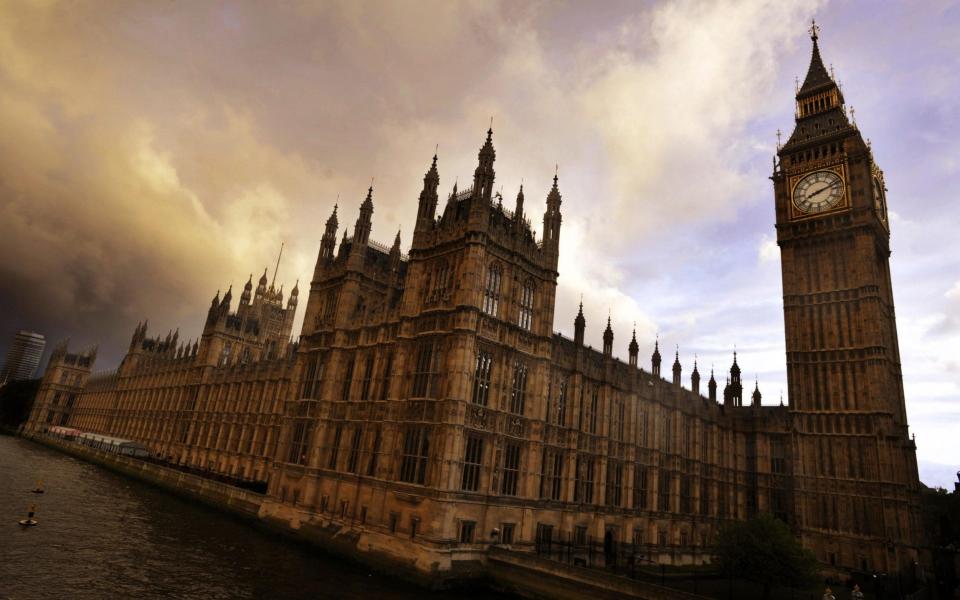Government to water down plans to dampen excessive executive pay

The Government is preparing to water down plans to curb excessive executive pay, amid fears of gridlock in Parliament and claims that current legislation is “working well”.
The Prime Minister planned to give shareholders more powers to challenge boards as part of what she said was an attempt to restore trust in business.
It is understood, however, that the most radical of the proposed reforms are likely to be abandoned in the coming weeks.
They include a proposal for more binding votes on remuneration. City investors wanted a 25pc protest over pay at an AGM to trigger a binding vote on a company’s underlying remuneration policy.
Under the existing system listed companies have to subject their pay policy to a binding vote every three years and resolutions on pay are passed with a simple majority vote.
The change would have required legislation and according to City and Whitehall sources is due to be shelved as Theresa May’s minority Government is likely to face struggles in Parliament over its legislative programme.

Other less radical reforms that do not require new laws could still go ahead. Increased transparency on executive pay can be enforced via changes to the Financial Reporting Council’s corporate governance code, for instance.
The climbdown marks Theresa May’s second reversal on corporate governance. Last year she backtracked on plans to put workers on company boards follwing protests from business leaders.
She will be able to claim, however, that more red tape on executove pay is unecessary.
Fresh figures compiled by Deloitte reveal that median pay for FTSE 100 bosses fell by almost 20pc from £4.3m in 2016 to £3.5m this year.
“The fall in executive pay demonstrates that remuneration committees are making a real effort to address shareholder concerns”, said Stephen Cahill, vice chairman at the Big Four audit firm. “This is the first cycle where the legislation introduced in 2013 and primarily voted on during the 2014 AGMs will have taken effect. It seems to show that the current legislation is working”, Mr Cahill added.
Shareholders have been more aggressive this year over excessive pay, prompting businesses including Aggreko and Imperial Brands to back down on more generous remuneration proposals after investor disquiet.

After losing a vote on chief executive Bob Dudley’s pay last year, BP proposed a tighter pay policy at its shareholder meeting this year. Meanwhile Rakesh Kappoor, the boss of Durex and Nurofen maker Reckitt Benckiser and the highest paid boss in the FTSE two years ago, has had his pay slashed by more than a third after the consumer company bowed to investor pressure on his long-term benefits.
Deloitte’s figures show that despite a rash of investor rebellions at AGMs this year, the average bonus awarded to FTSE bosses has fallen from 200pc to 185pc of salary. The accounting giant also shows that for the chief executives of the largest companies bonus awards have fallen from 400pc to 365pc.
In an effort to link to executive pay to long-ter company successs. more than half the FTSE 100 have also increased the number of shares they expect directors to hold in the last four years. Chief executives are now typically expected to hold two and a half times their salaries in shares, but around half of FTSE 100 bosses hold shares worth more than 500pc of their salaries.
In four out of five FTSE 100 companies, bonuses are paid in shares which are typically not released for three years, said Deloitte.
“The current framework is working well and we do not believe further regulation is needed to move things forward. Any future changes, if required, would be better encouraged through the Corporate Governance Code, ensuring that companies have sufficient flexibility to make changes that best support the overall aims of the business.”

 Yahoo Finance
Yahoo Finance 